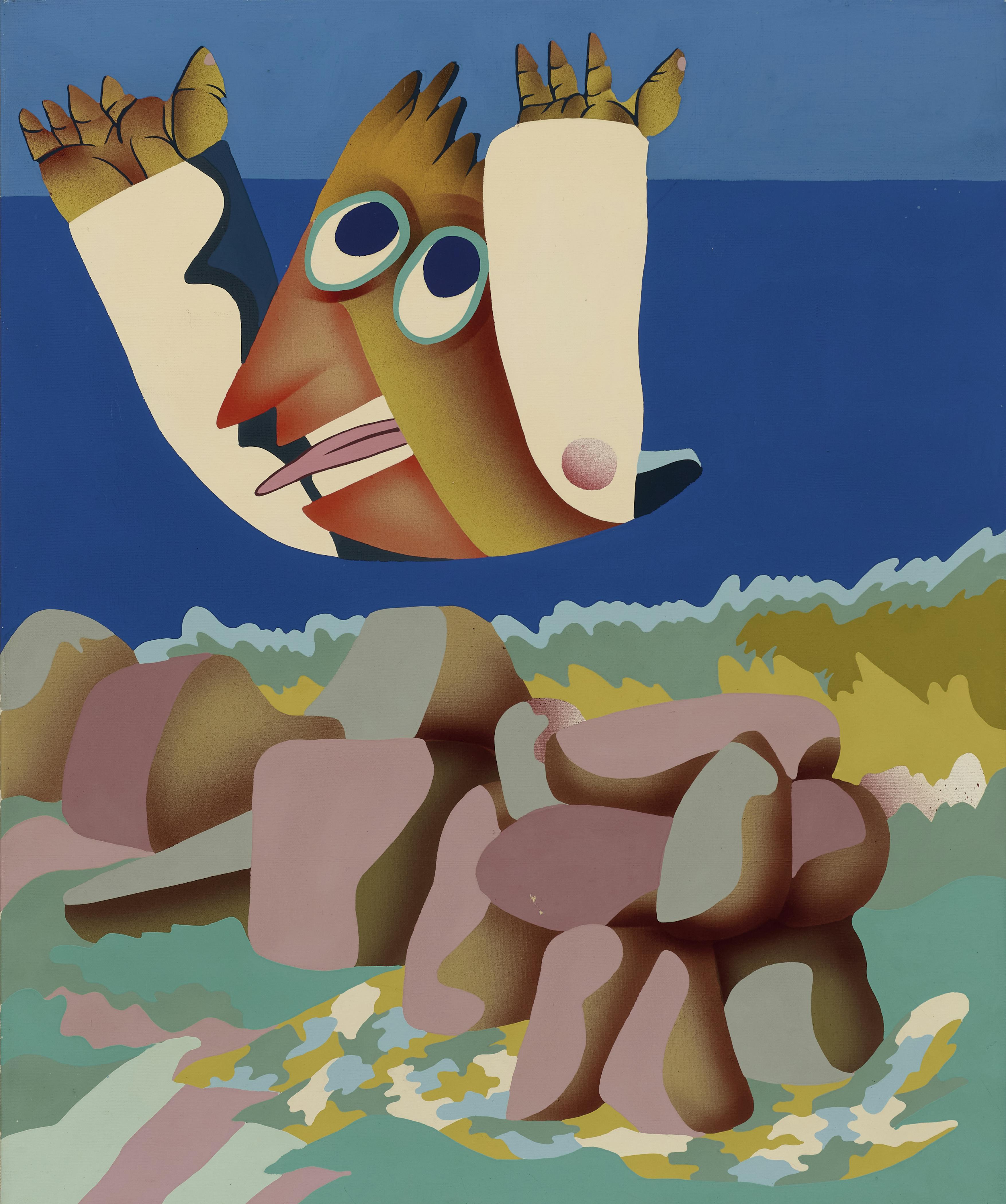The Institute for Studies on Latin
American Art (ISLAA) supports the study
and visibility of Latin American art.
Explore a pivotal period in the life of Luis Fernando Benedit as he experimented with themes of ecology and systems of control in the context of the vibrant avant-gardes and harsh sociopolitical changes in Argentina.
Dueñas de la noche presents the 1982 documentary TRANS for the first time in the United States.
Maggie Borowitz analyzes how Anna Bella Geiger's use of transparency in her artist books reveals an early engagement with feminism in contemporary Brazilian art.
Jorge Lopera discusses Ana Bella Geiger's notebooks as forms of creative expansion characteristic of non-objectualisms in Latin America.

Luis Fernando Benedit: Invisible Labyrinths
This exhibition explores a pivotal period of work by Luis Fernando Benedit, highlighting his radical exploration of ecology and systems of control.

Dueñas de la Noche: Trans Lives and Dreams in 1980s Caracas
This exhibition, featuring the 1982 documentary Trans by Manuel Herreros de Lemos and Mateo Manaure Arilla, provides an intimate look at a group of Venezuelan trans women’s experiences, aspirations, and community.

Transparency and Feminist Revision in Anna Bella Geiger’s Artist’s Books
ISLAA Writer in Residence Maggie Borowitz analyzes how Anna Bella Geiger's use of transparency in her artist books reveals an early engagement with feminism in contemporary Brazilian art.

A Creative Form of Expansion: Non-Objectualism and Ana Bella Geiger’s Artist’s Notebooks (1974–77)
ISLAA Writer in Residence Jorge Lopera discusses Anna Bella Geiger's notebooks as forms of creative expansion characteristic of non-objectualisms in Latin America.
PUBLICATIONS
EDITORIALS
Tue–Sat: 12–6 PM Sun–Mon: Closed
Tue–Sat: 12–6 PM Sun–Mon: Closed





